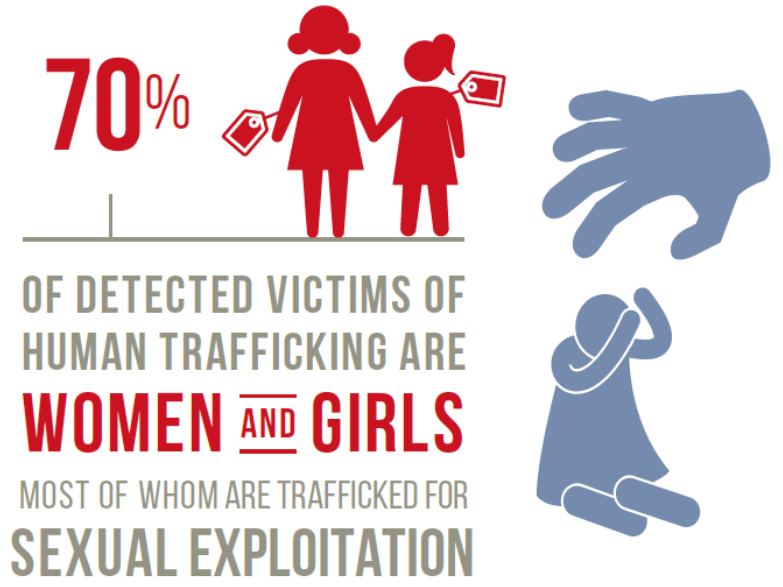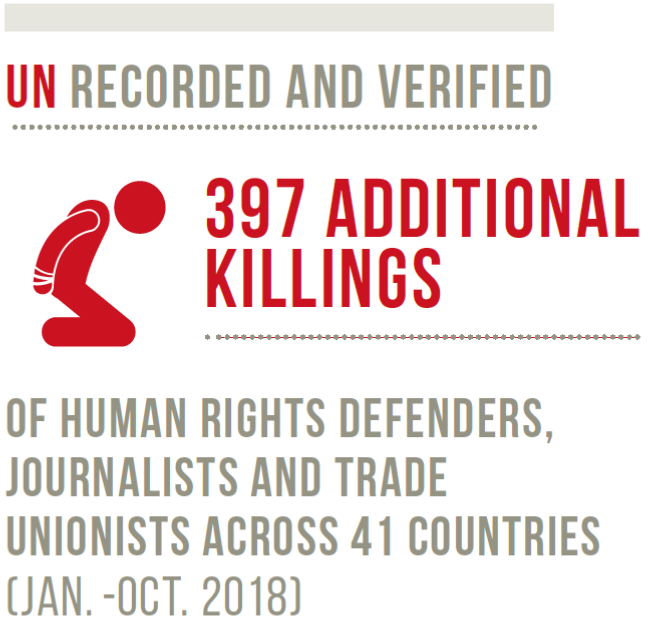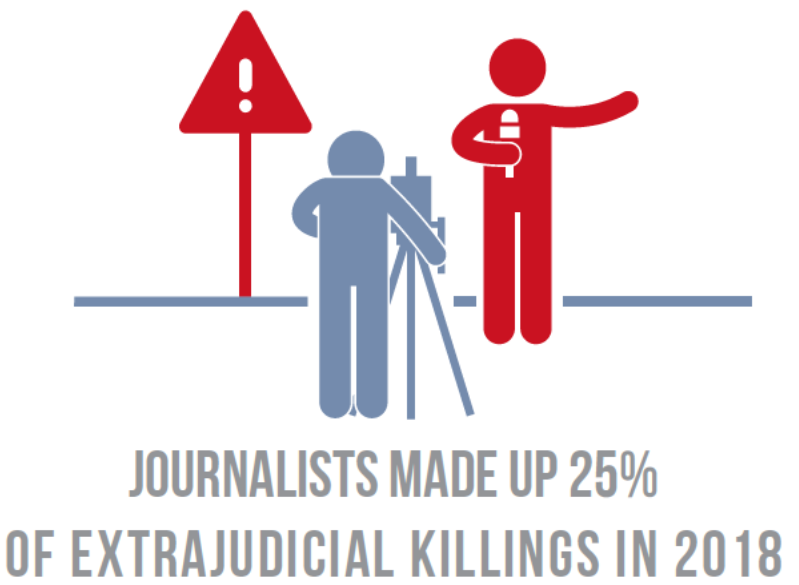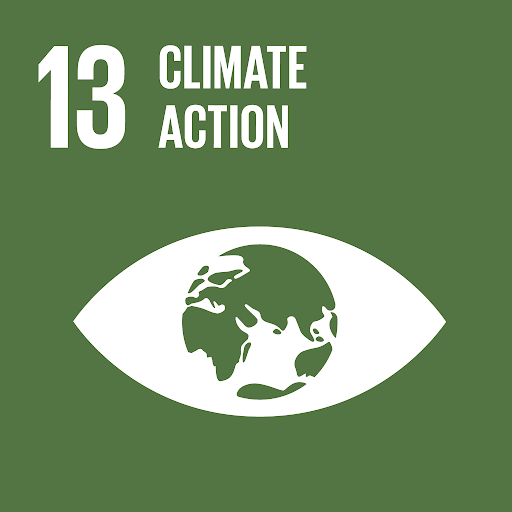Global Violence
Millions of people remain deprived of their security, rights and opportunities. Exceeding previous records from the past 70 years, the United Nations High Commissioner for Refugees reported 70 million people fleeing war, persecution, and conflict in 2018. People displaced by conflict are consequently more vulnerable to various forms of abuse, including trafficking, violence, and non-inclusive decision-making.
With SDG 16, the UN aims to significantly reduce all forms of violence—this includes conflict-related deaths as well as intentional homicides, human-trafficking, and sexual exploitation.
In recent years the global homicide rate has remained relatively stable, with slight upticks observed in Latin America, the Caribbean, and parts of sub-Saharan Africa. While young men are at higher risk of murder, the majority of victims of intimate partner homicide are women.
Violence against women and girls is among the most widespread human rights violations in the world. While these violations are often underreported, the UN stated in 2019 that a third of all women and girls experience physical or sexual violence in their lifetime.

2019 illustrated an overall increase in the detection of victims of human trafficking. Sexual exploitation remains the main driver of human trafficking and children now account for 30 per cent of those being trafficked.
A peaceful society is one in which people can live free from all forms of violence. At the same time, a peaceful society cannot exist where there is a systematic denial of rights and liberties. Access to justice, a basic principle of the rule of law, is critical in addressing fundamental drivers of inequality and reducing risks of violent conflict.
Access to Justice
 The burden of injustice is not randomly distributed and access to justice often remains elusive for marginalized groups. The UN system works with national partners to develop national strategic plans and programs for service delivery and justice reform.
The burden of injustice is not randomly distributed and access to justice often remains elusive for marginalized groups. The UN system works with national partners to develop national strategic plans and programs for service delivery and justice reform.
Among institutions most affected by corruption, the judiciary and police consistently rank the highest. Every year corruption, bribery, theft, and tax evasion cost developing countries around $1.26 trillion– an amount that could lift those who are living on less than $1.25 a day above the global poverty line for at least six years.
For institutions to  be effective, they must be accountable, transparent, and inclusive. Since 2013, 31 countries have adopted binding laws and policies that give individuals a right to access information (RTI) held by public authorities—raising the global tally to 125 countries.
be effective, they must be accountable, transparent, and inclusive. Since 2013, 31 countries have adopted binding laws and policies that give individuals a right to access information (RTI) held by public authorities—raising the global tally to 125 countries.
Nevertheless, with every passing week at least eight people are murdered at the front lines of efforts to forge more inclusive societies. Of the total number of victims killed, journalists and bloggers constituted one quarter. Unless Member States fulfill their international obligation to protect those who advocate for the freedoms of others, these individuals will continue to be targeted around the world.
READY TO TAKE ACTION?
We’re taking the fight to Congress. Email This email address is being protected from spambots. You need JavaScript enabled to view it. for more info on how you can join us on Capitol Hill and beyond.
Text RIGHTS to 738-674.
LEARN MORE








